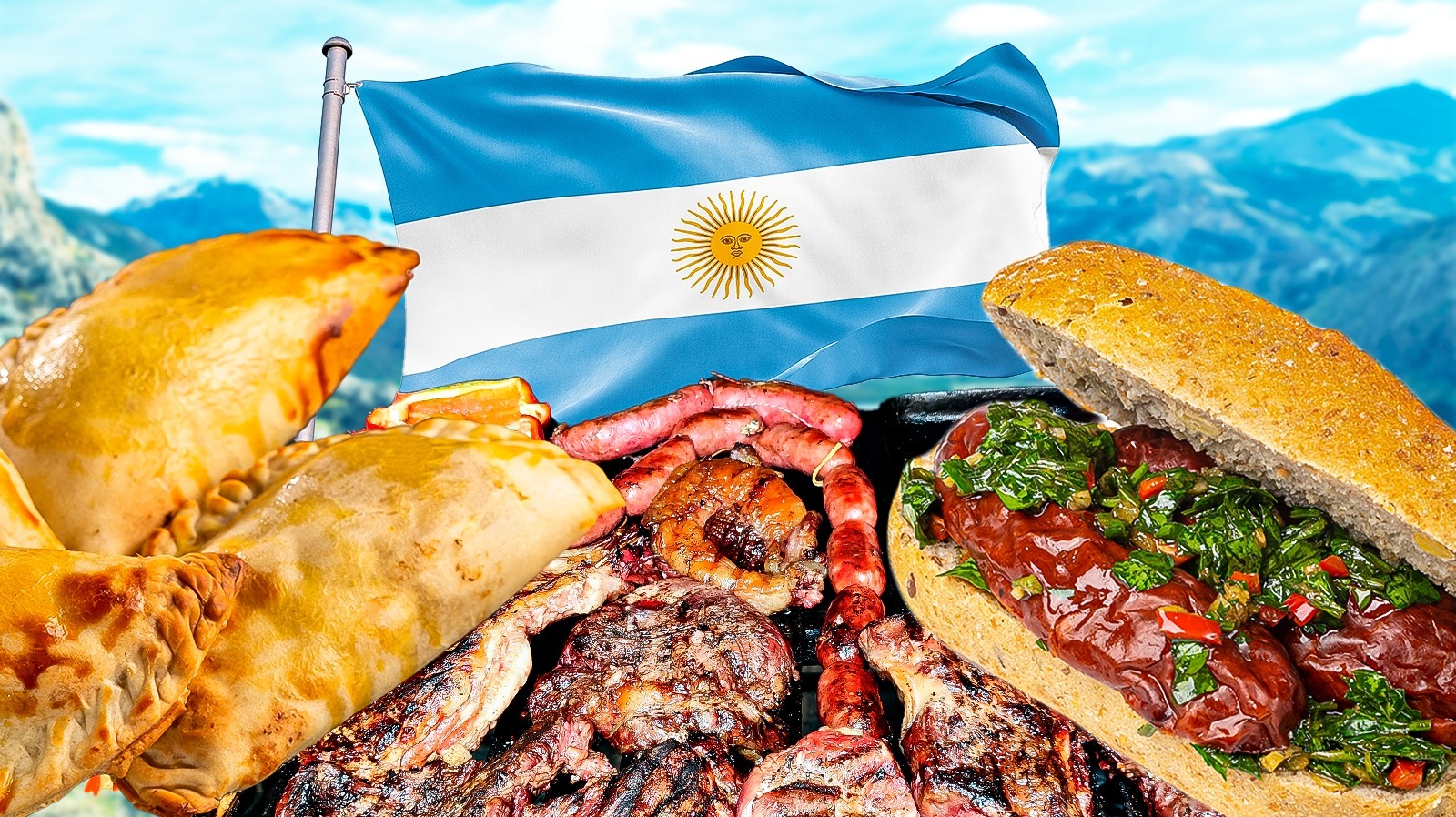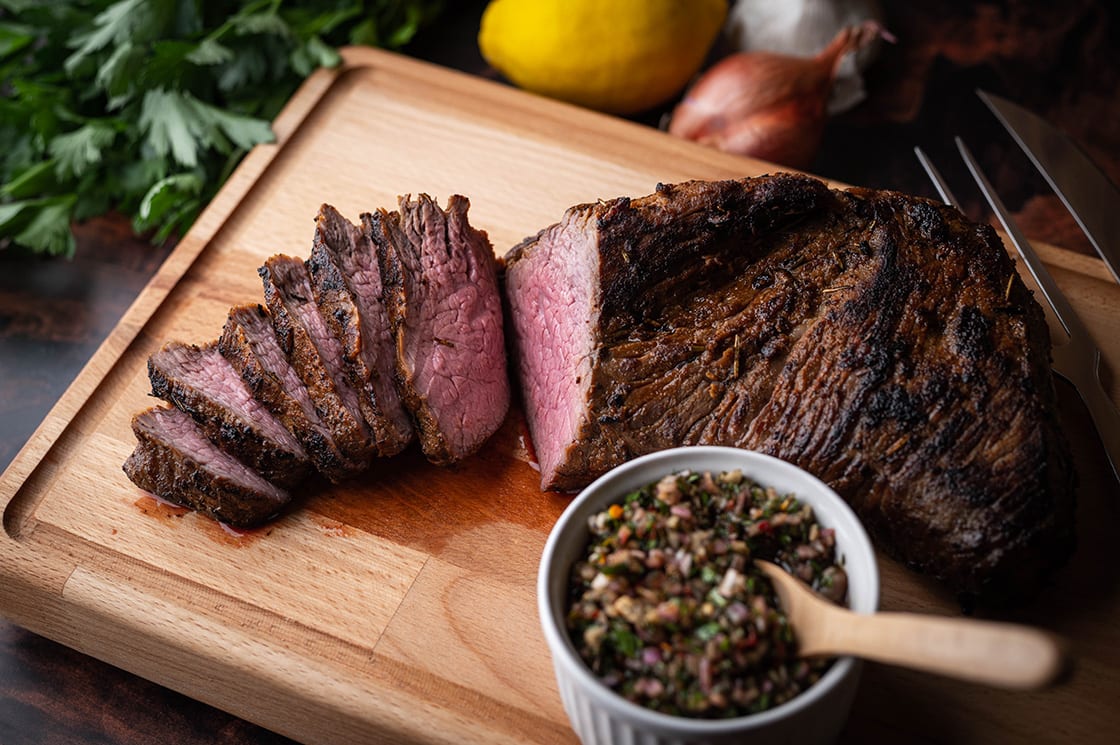Argentina conventional meals – Argentina’s conventional meals, a charming fusion of numerous culinary influences, is a mirrored image of its wealthy historical past and vibrant tradition. From the succulent empanadas to the flavorful asado, every dish holds a particular place within the hearts of Argentines and presents a glimpse into their lifestyle.
The nation’s huge geography has given rise to a various culinary panorama, with every area boasting its personal distinctive specialties. From the Andean highlands to the Patagonian plains, the flavors of Argentina are as diverse as its landscapes.
Introduction
Conventional Argentine delicacies is a mix of flavors and traditions which have been formed by the nation’s numerous historical past and geography. It’s a vibrant and eclectic mixture of European, indigenous, and African influences, reflecting the cultural heritage of Argentina.
Asado, the Argentine barbecue, is likely one of the most iconic dishes and is taken into account a nationwide pastime. It’s a social occasion the place family and friends collect to grill meat over an open fireplace. Different well-liked dishes embrace empanadas, stuffed pastries; locro, a hearty stew; and alfajores, dulce de leche-filled cookies.
Cultural and Historic Significance
Conventional Argentine delicacies performs an important position within the nation’s cultural id. It’s a image of nationwide satisfaction and a manner for Argentines to attach with their heritage. The delicacies has additionally been influenced by the nation’s immigration historical past, with dishes like pizza and pasta being launched by Italian immigrants.
In recent times, there was a rising curiosity in conventional Argentine delicacies, each in Argentina and overseas. That is due partly to the growing recognition of Argentine wines and the rising variety of Argentine eating places around the globe.
Widespread Dishes
Argentina’s culinary panorama is a melting pot of flavors and traditions, influenced by European, indigenous, and neighboring South American cuisines. Among the many most beloved dishes are empanadas, asado, and locro, every providing a novel style of Argentina’s culinary heritage.
Empanadas
Empanadas are a ubiquitous road meals and appetizer, consisting of a savory filling wrapped in a young dough and baked or fried. The fillings range extensively, reflecting the various culinary influences in Argentina. Basic fillings embrace:
- Carne:Floor beef, onions, and spices
- Pollo:Rooster, onions, and bell peppers
- Jamón y queso:Ham and cheese
- Humita:Creamed corn
- Roquefort:Blue cheese
Asado, Argentina conventional meals
Asado, or Argentine barbecue, is a culinary ritual that embodies the nation’s love for grilled meats. It’s a social gathering the place household and associates collect round a grill to take pleasure in a feast of assorted cuts of meat.
The normal cooking technique includes grilling the meat over scorching coals, utilizing a way known as “cruz,” the place the meat is cooked on a cross-shaped grill.
Widespread cuts of meat utilized in asado embrace:
- Bife de chorizo:Rib-eye steak
- Asado de tira:Quick ribs
- Chorizo:Spicy sausage
- Morcilla:Blood sausage
- Chinchulines:Intestines
Locro
Locro is a hearty stew that’s notably well-liked in the course of the colder months. It’s a flavorful mixture of corn, beans, pumpkin, and numerous forms of meat, together with beef, pork, and chorizo.
Regional variations exist, with some including greens comparable to potatoes and carrots. Locro is usually served with a aspect of salsa criolla, a contemporary tomato and onion salsa.
Regional Delicacies
Argentina’s numerous panorama is mirrored in its regional delicacies. From the mountainous northwest to the coastal Patagonia, every area presents distinctive culinary experiences.
The Northwest is thought for its hearty dishes, comparable to tamales (cornmeal dough stuffed with meat or greens) and humitas (candy corn muffins).
Central Area
The Central Area, together with the capital Buenos Aires, is famend for its carbonada (beef stew) and pastelitos (pastries stuffed with candy or savory fillings).
Patagonia
Patagonia, situated within the southernmost a part of the nation, is known for its lamb dishes and seafood specialties, together with grilled lamb and contemporary salmon.
Components and Flavors

Argentine delicacies is famend for its daring and flavorful dishes, that are a testomony to the nation’s wealthy culinary heritage. The elements and spices utilized in Argentine cooking play a vital position in shaping its distinct style profile.
The cornerstone of Argentine delicacies is meat, notably beef. Argentine beef is thought for its distinctive high quality and taste, and it’s utilized in all kinds of dishes, from grilled steaks to hearty stews.
Widespread Components
- Beef: The preferred meat in Argentina, utilized in numerous dishes like steaks, stews, and empanadas.
- Corn: A staple ingredient in Argentine cooking, utilized in dishes like humitas (corn dumplings) and locro (a hearty stew).
- Wheat: Used to make pasta, bread, and pastries, wheat is a basic ingredient in Argentine delicacies.
- Greens: Tomatoes, onions, peppers, and potatoes are generally utilized in Argentine dishes, including taste and texture.
- Fruits: Argentina is thought for its contemporary fruits, comparable to apples, pears, and peaches, which are sometimes utilized in desserts and pastries.
Distinctive Spices and Herbs
- Chimichurri: A inexperienced sauce made with parsley, garlic, olive oil, and purple wine vinegar, chimichurri is a ubiquitous condiment in Argentina.
- Oregano: This fragrant herb is extensively utilized in Argentine cooking, including a particular taste to dishes like pizzas and stews.
- Cumin: A heat and earthy spice, cumin is usually utilized in meat dishes and stews, imparting a delicate but noticeable taste.
- Paprika: A vibrant spice produced from dried peppers, paprika provides a smoky and barely candy taste to dishes.
- Saffron: A treasured spice derived from the saffron crocus, saffron is used sparingly in Argentine cooking, including a fragile floral aroma and golden shade to dishes.
The mixture of those elements and flavors creates the distinctive and delectable delicacies that Argentina is known for. From the succulent grilled meats to the flavorful stews and vibrant salads, Argentine delicacies presents a tantalizing culinary expertise that captivates the style buds.
Meal Construction and Customs

Conventional Argentine meals encompass a number of programs, sometimes beginning with an appetizer (entrada), adopted by a primary course (plato principal), and dessert (postre). Asado, a barbecue of grilled meats, is a well-liked primary course for particular events and gatherings.
Social Customs and Eating Etiquette
Eating in Argentina is a social event, with meals typically shared amongst household and associates. It’s thought of well mannered to reach on time for meals and to attend for everybody to be seated earlier than beginning to eat. Additionally it is customary to thank the host for the meal and to supply to assist with the cleanup.
Cultural Impression

Conventional Argentine meals is a crucial a part of the nation’s cultural id. It has been formed by a wealthy mix of indigenous, Spanish, and Italian influences, and it displays the nation’s numerous panorama and local weather.
Asado, or barbecue, is a central a part of Argentine delicacies and is usually loved as a household gathering or social occasion. The parrilla, or grill, is used to cook dinner quite a lot of meats, together with beef, pork, hen, and chorizo. Asado is often served with chimichurri, a tangy sauce made with parsley, garlic, and vinegar.
Position in Festivals and Celebrations
Conventional Argentine meals performs an essential position in festivals and celebrations. For instance, empanadas are a well-liked road meals and are sometimes served at festivals and markets. Locro, a hearty stew made with corn, beans, and meat, is a conventional dish served on Independence Day.
FAQ Insights: Argentina Conventional Meals
What are the most well-liked conventional Argentine dishes?
Empanadas, asado, and locro are among the many most well-known and beloved conventional Argentine dishes.
What’s the significance of asado in Argentine tradition?
Asado, a conventional barbecue, holds a central place in Argentine tradition and is usually loved throughout social gatherings and celebrations.
How does the regional delicacies of Argentina range?
Argentina’s huge geography has resulted in a various culinary panorama, with every area boasting its personal distinctive specialties, influenced by native elements and traditions.

